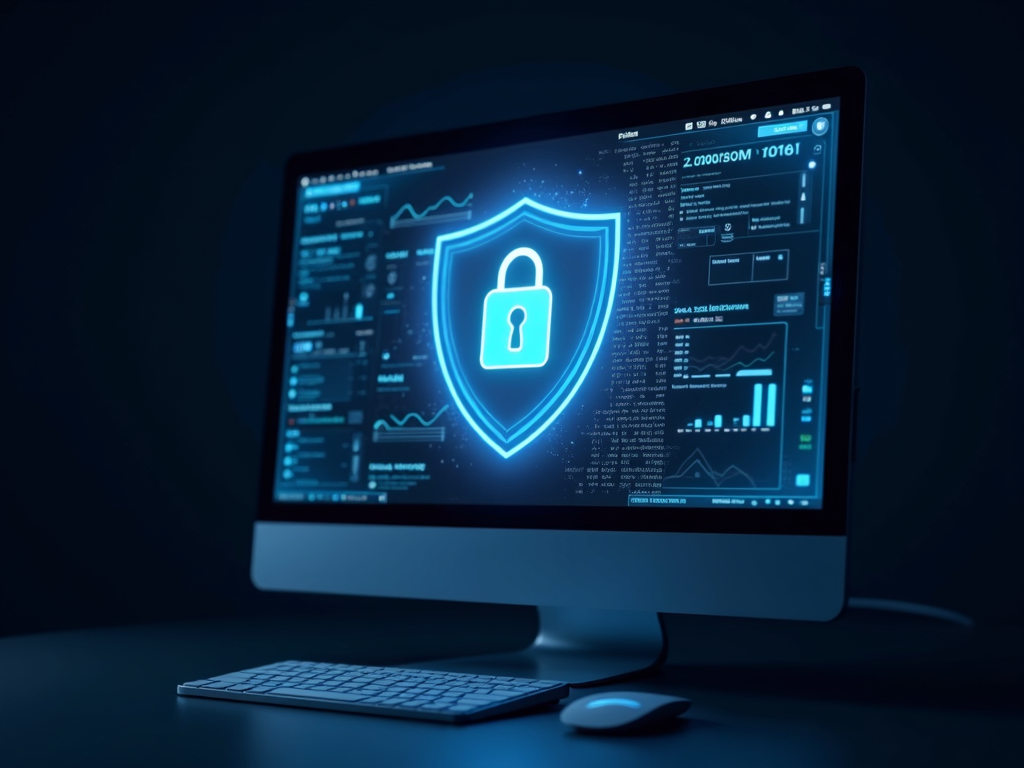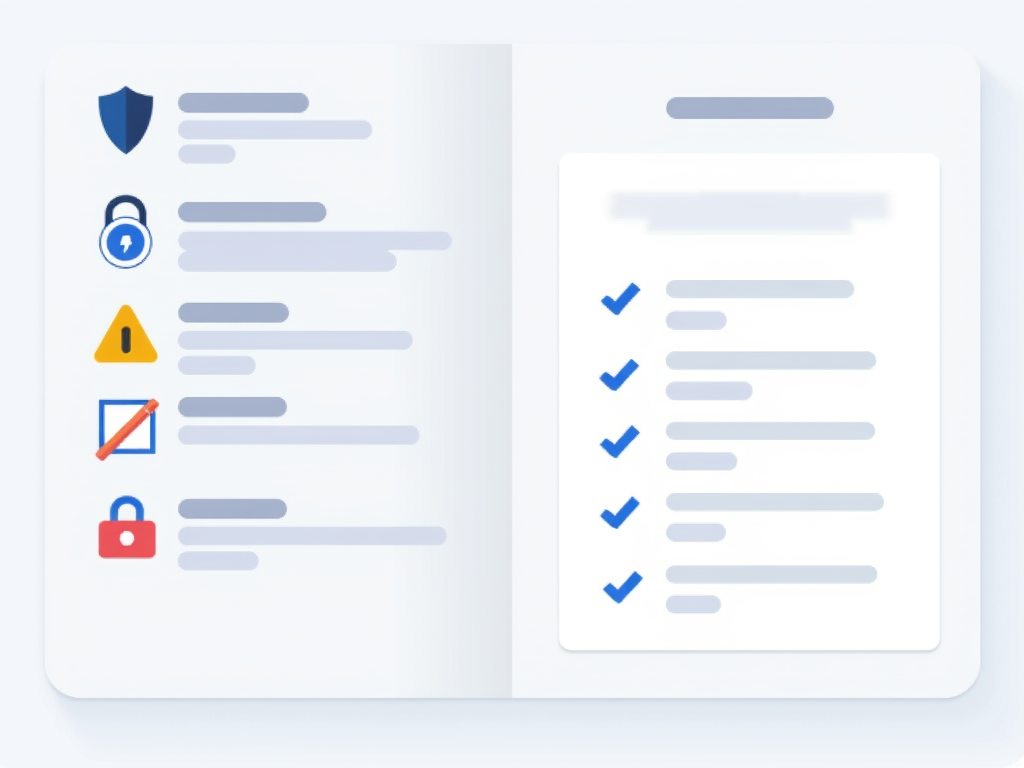Top 10 Privacy Tools for Enhanced Online Security
In today's digital age, protecting your online privacy is more important than ever. With cyber threats on the rise, using the right privacy tools can help safeguard your personal information. This article explores the top 10 privacy tools, online privacy laws around the world, and essential tools for beginners. Whether you're new to online privacy or looking to enhance your security, this guide has you covered.

Why Online Privacy Matters
Online privacy is crucial because it protects your personal data from being exploited by hackers, advertisers, and even governments. Without proper privacy measures, your sensitive information—like your location, browsing habits, and financial details—could be at risk. Privacy tools help you stay anonymous, secure your communications, and control what data you share online.
Key Benefits of Privacy Tools
- Anonymity: Hide your identity and location while browsing.
- Data Protection: Encrypt your data to prevent unauthorized access.
- Ad Blocking: Stop intrusive ads and trackers from following you.
- Secure Communication: Protect your messages and calls from eavesdropping.

Top 10 Privacy Tools
Here are the top 10 privacy tools that can help you enhance your online security:
- Tor Browser
- Description: A free, open-source browser that anonymizes your web traffic by routing it through multiple servers.
- Why It's Great: Tor is one of the best tools for staying anonymous online. It's easy to use and works on multiple platforms.
-
Personal Insight: I've used Tor for years, and it's incredibly effective for browsing without being tracked.
-
Signal
- Description: A secure messaging app that offers end-to-end encryption for texts, calls, and video chats.
- Why It's Great: Signal is trusted by privacy experts and is completely free.
-
Personal Insight: I switched to Signal after learning about its strong encryption and open-source code.
-
ProtonMail
- Description: An encrypted email service that ensures your emails are private and secure.
- Why It's Great: ProtonMail is based in Switzerland, which has strong privacy laws.
-
Personal Insight: I appreciate that ProtonMail doesn't require personal information to sign up.
-
NordVPN
- Description: A virtual private network (VPN) that hides your IP address and encrypts your internet traffic.
- Why It's Great: NordVPN has a strict no-logs policy and offers fast speeds.
-
Personal Insight: I've found NordVPN to be reliable for streaming and browsing securely.
-
DuckDuckGo
- Description: A privacy-focused search engine that doesn't track your searches or store personal data.
- Why It's Great: DuckDuckGo provides unbiased search results without ads.
-
Personal Insight: I use DuckDuckGo daily and love that it respects my privacy.
-
uBlock Origin
- Description: A powerful ad blocker that also blocks trackers and malware.
- Why It's Great: It's lightweight and highly customizable.
-
Personal Insight: uBlock Origin has made my browsing experience faster and safer.
-
KeePass
- Description: A free, open-source password manager that stores your passwords securely.
- Why It's Great: KeePass uses strong encryption and can be used offline.
-
Personal Insight: I trust KeePass to keep my passwords safe and organized.
-
Privacy Badger
- Description: A browser extension that blocks third-party trackers and ads.
- Why It's Great: It's developed by the Electronic Frontier Foundation (EFF), a trusted privacy advocate.
-
Personal Insight: Privacy Badger is easy to install and works seamlessly with my browser.
-
HTTPS Everywhere
- Description: A browser extension that ensures you always use the secure version of websites.
- Why It's Great: It protects against eavesdropping and man-in-the-middle attacks.
-
Personal Insight: I feel more secure knowing that my connections are encrypted.
-
Bitwarden
- Description: A free, open-source password manager with cloud sync and strong encryption.
- Why It's Great: Bitwarden is user-friendly and supports multiple devices.
- Personal Insight: I switched to Bitwarden for its ease of use and robust security features.

Online Privacy Laws Around the World
Online privacy laws vary significantly from country to country. Understanding these laws can help you make informed decisions about your online activities.
- European Union (EU): The General Data Protection Regulation (GDPR) is one of the most comprehensive privacy laws, giving users control over their personal data.
- United States: Privacy laws are less centralized, with regulations like the California Consumer Privacy Act (CCPA) providing some protections.
- Canada: The Personal Information Protection and Electronic Documents Act (PIPEDA) governs how businesses handle personal data.
- Australia: The Privacy Act 1988 regulates the handling of personal information by government agencies and businesses.
For more information on global privacy laws, check out this comprehensive guide from Privacy International.
Essential Online Privacy Tools for Beginners
If you're new to online privacy, start with these essential tools:
- VPN: A VPN like NordVPN is a must for encrypting your internet traffic.
- Password Manager: Use a password manager like Bitwarden to create and store strong passwords.
- Ad Blocker: Install uBlock Origin to block ads and trackers.
- Secure Browser: Use Tor or Firefox with privacy extensions for safer browsing.
These tools are easy to set up and provide a solid foundation for online privacy.

Summary
Protecting your online privacy doesn't have to be complicated. By using the right tools, you can safeguard your personal information and enjoy a safer online experience. Start with the essentials, explore advanced tools as you become more comfortable, and stay informed about privacy laws in your region. Remember, online privacy is an ongoing process—stay vigilant and keep your tools updated.